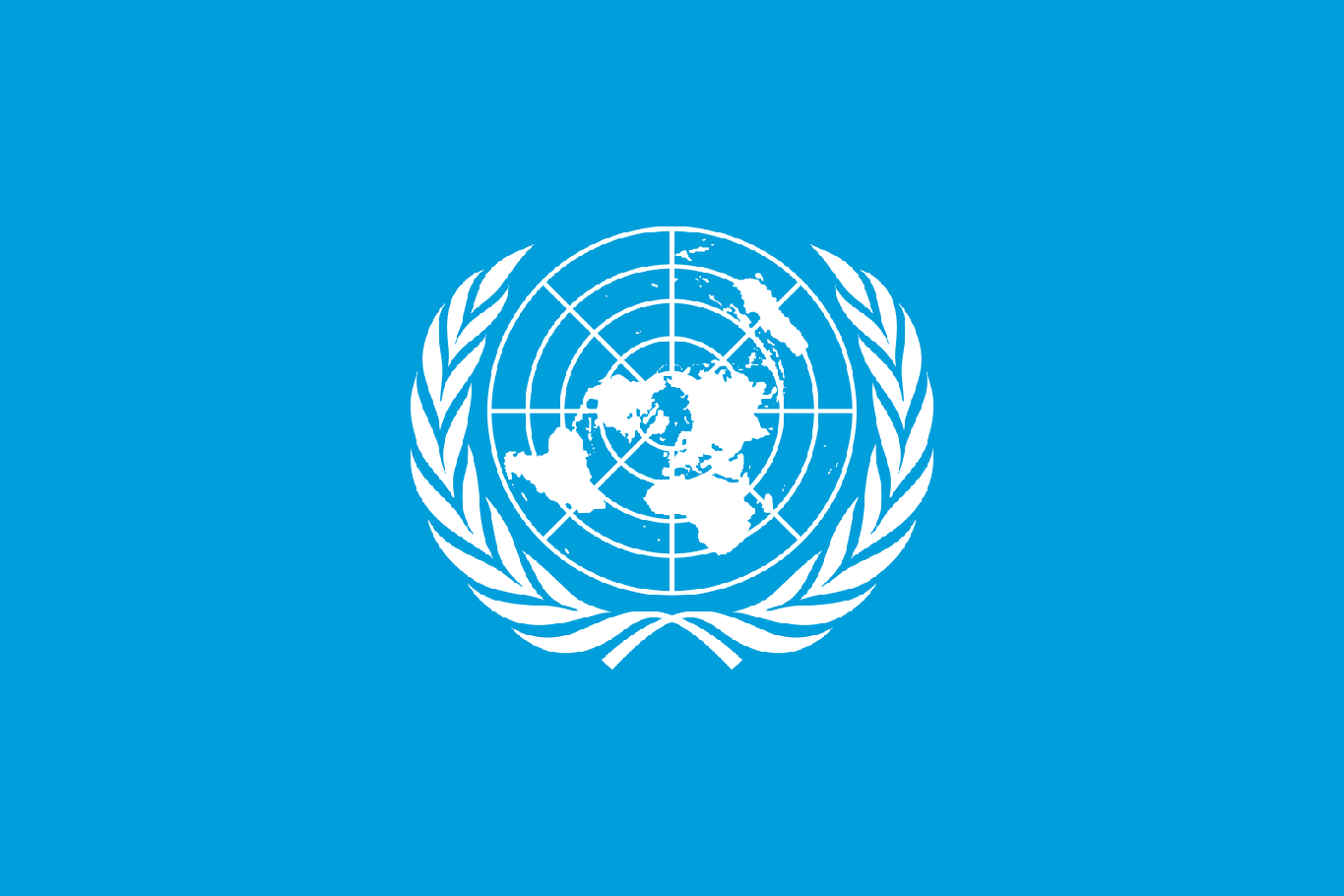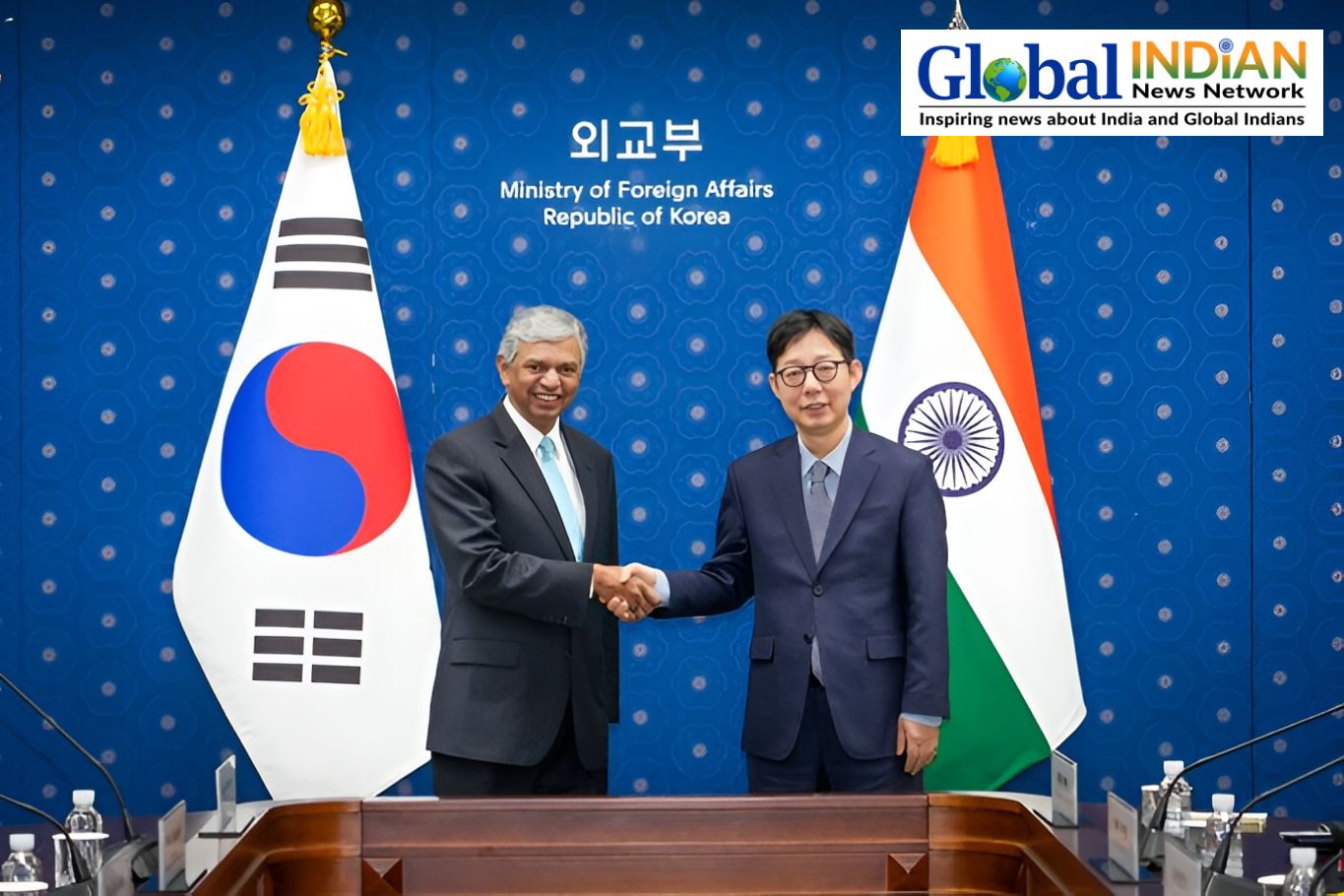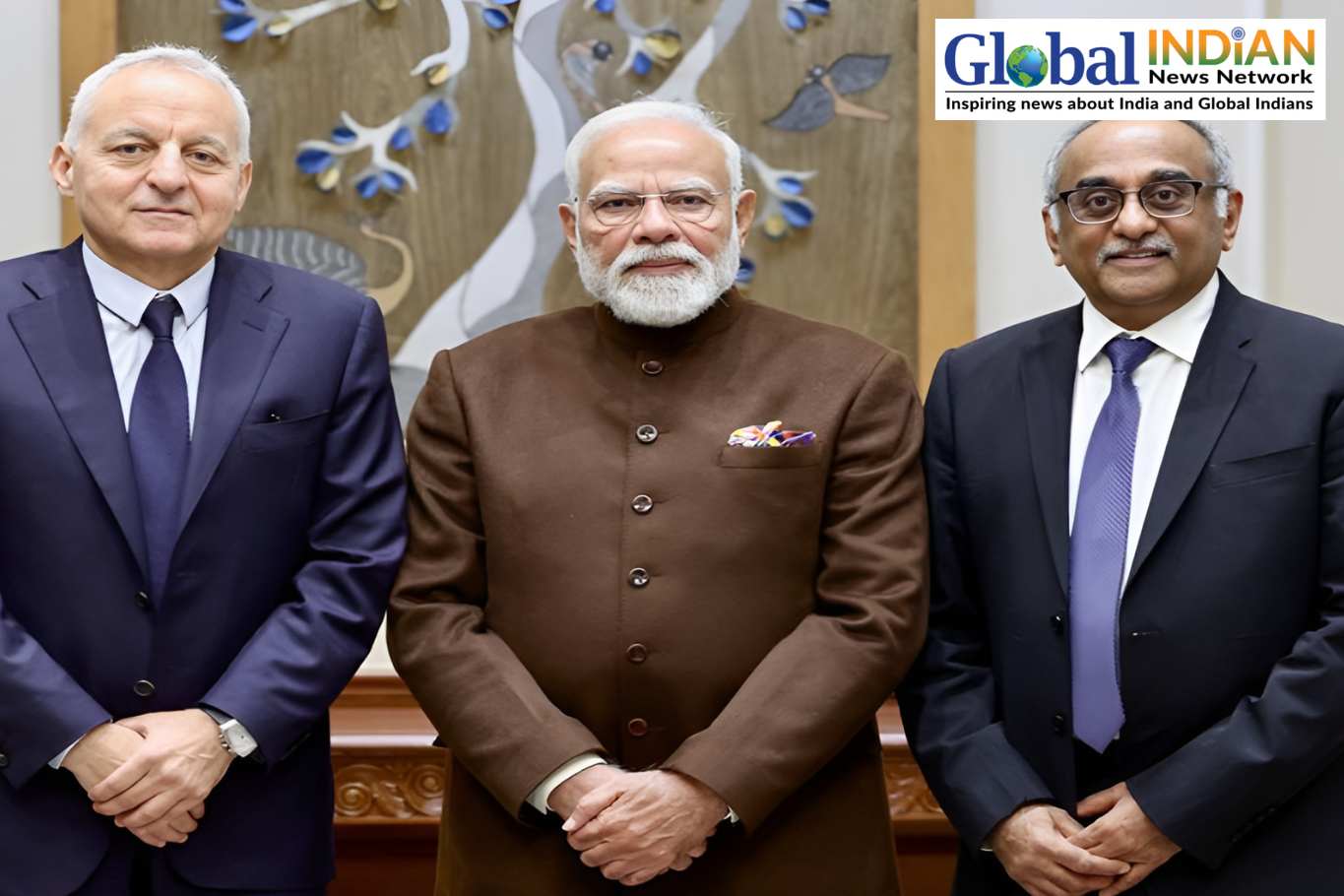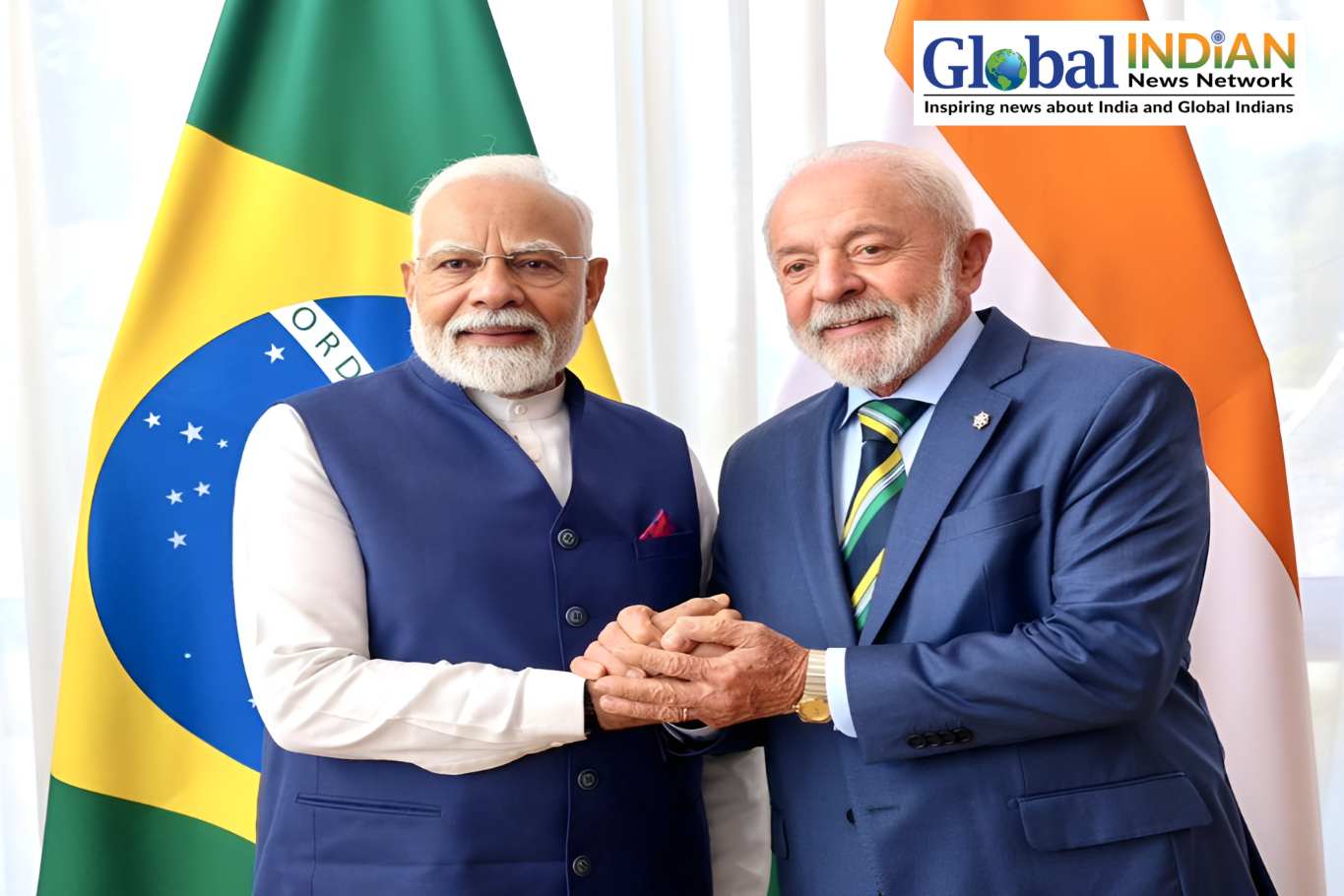
India has been at the forefront of promoting South-South cooperation, a key approach for strengthening ties among nations of the Global South. Parvathaneni Harish, India’s Permanent Representative to the United Nations in New York, highlighted the nation’s unwavering commitment to this cause during the UN Day for South-South Cooperation. Harish emphasised that through such cooperation, countries in the Global South could foster mutual growth and effectively address shared challenges.
Harish pointed out that India’s approach is deeply rooted in the principle of Vasudhaiva Kutumbakam—the belief that the world is one family. He stressed that in an increasingly interconnected world, international cooperation has never been more important. He noted India’s dedication to global development, with a special focus on the Global South, exemplified by its contributions to the India UNDP Fund and the IBSA Fund, which includes collaboration with Brazil and South Africa. These initiatives, he said, play a crucial role in advancing sustainable development goals (SDGs) through South-South cooperation.
Harish shared that the India-UNDP Fund, with a corpus of USD 150 million, has supported 82 projects across 60 countries since 2017. Similarly, the IBSA Fund, with over USD 53 million, has backed 46 projects in 35 countries over the past 20 years. These funds target key developmental areas such as health, education, gender equality, clean water access, hunger alleviation, and environmental sustainability.
The IBSA Fund, established in 2004 and operational since 2006, focuses on poverty and hunger alleviation. Harish underscored that these funds allow member states to tailor projects to their specific needs, ensuring alignment with their development goals while respecting their sovereignty. The flexibility, inclusiveness, and sustainability principles upheld by these funds have proven instrumental in progressing toward the SDGs, even amidst challenges like the COVID-19 pandemic.
Harish also highlighted India’s focus on integrating the perspectives of Least Developed Countries (LDCs), Landlocked Developing Countries (LLDCs), and Small Island Developing States (SIDs), ensuring that these nations have a stronger voice in global decision-making. He shared that SIDs have benefited from 70 projects, while LLDCs have been supported through 51 initiatives. Geographically, India has contributed to 48 projects in Africa, 32 in the Asia-Pacific, and 41 in Latin America and the Caribbean (LAC) regions.
Reflecting on the challenges ahead, Harish acknowledged the immense global issues, with resources remaining limited. However, he emphasised that initiatives like the India UN Development Partnership Fund and the IBSA Fund offer hope, demonstrating that remarkable progress is achievable when countries unite with a shared vision for a better world. Harish thanked the UN agencies for their continued support in this collective journey towards creating a more sustainable and equitable future.
On September 10, Harish met with incoming UN General Assembly President Philemon Yang, offering India’s full support for his presidency. Harish also recently presented his credentials to UN Secretary-General Antonio Guterres, reaffirming India’s active role at the UN and its commitment to global cooperation.









